5 Reasons Why You Need To Try Japanese Whisky
let’s begin
This is the first in a series of articles created in partnership with Dekanta.com to shed some light on the world of Japanese whisky; we truly hope you enjoy this series and look forward to your feedback.
Japan is known globally for having a vibrant culture, bound by a perfect balance of innovation and tradition. They also have a pretty amazing food and drink culture. Sushi, tempura, soba, sake, whisky, you name it.
Yet, when first entering the whisky world, or looking to venture out of your comfort zone, you’ll find a myriad of options. Bourbon, Scotch, rye, Irish whiskey. Many of these expressions are, often, cheaper and easier to find, in comparison with their Japanese counterparts.
Wondering why you should opt for Japanese whisky? Well, take a look at this list. After all, the fact that more and more people across the globe are becoming die-hard Japanese whisky fans is no mere coincidence.
Reason 5 - It’s Unique & Experimental.
There’s nothing like diving into an entirely new and unique category of a spirit you love. The first question most whisky enthusiasts will ask is what makes Japanese whisky different from other popular categories, like Scotch, or Bourbon?
Japanese whisky is defined by Japan’s climate, water, and altitude. The warm humid summers in Kansai speed up the extraction from the wood, making whisky from the great Yamazaki wonderfully deep and smooth, featuring subtle fruit and sweetness.
Up in Hokkaido, the Yoichi distillery utilizes peat, but with a fresh intensity born through the cold climate and pristine water.
Expanding on flavour, Japanese blended whiskies are some of the most renowned across the globe. The Hibiki range, in particular, is collected far and wide.
Unlike the Scotch industry, Japanese whisky makers don’t collaborate on blends. Therefore, over the years, the larger companies have expanded their flavour scope, in order to create the most balanced blends possible, entirely in-house.
Reason 4 - It’s bound by Japanese Culture.
Enforcing these wonderful blends is Japanese culture. Look at their service, cities, and automobiles. Perfection is pursued in everything the Japanese do.
While one can argue that perfection is unattainable, the constant urge to improve and rise above competitors has sent Japanese whisky skyrocketing in both demand and price.
Some flavours are subtle and gentle, while others are intense, or playful. Balance is found throughout, brought through the culture of experimentation and improvement found in the land of the rising sun. If a distillery decides their customers want a certain flavour or whisky type, they’ll alter their practises and adapt. This ethos is one of the benefits of producing in a country where whisky-making isn’t bound by tradition and history.
Reason 3 - It’s Scarce.
Let’s rewind three decades. The Japanese whisky industry was eclipsed by beer and shochu, the domestic rice spirit, and many distilleries reduced their production as whisky simply wasn’t moving.
Looking at Japanese whisky today, this lack of interest is hard to believe, yet this period of neglect continues to affect the industry greatly today. Whisky needs to age. With their warehouses looking pretty bare from the aforementioned lessened production, and the entire world thirsty for Japanese whisky, aged expressions by Japan’s largest makers are scarce and expensive.
As an example, Nikka discontinued their aged Yoichi and Miyagikyo ranges a few years back, replacing them with NAS expressions. The aged Hibiki, Hakushu, and Yamazaki ranges are hard to track down. Hence, if you come across these aged expressions, we recommend you try them!
Reason 2 - It’s Accessible.
One great thing about Japanese whisky’s smooth profile and gentle flavours is that it makes the category wonderfully accessible.
Many have ventured head first into Scottish Islay whisky only to be knocked back by the whisky’s intensity and strength. This puts many people off for good, when they simply needed to start out with something softer, and ease their way in.
Try a Japanese blend. The Hibiki, for example, be it the Harmony, 12 Year-Old, 17, or 21, will gently bring about a myriad of sweet, fruity, decadent notes to enjoy. A drop of water will open up the whisky further, and help you on your way to loving the category.
After that, the Yamazaki and Hakushu will bring you into the world of Japanese single malts, and before you know it you’ll be ready for some younger, sharper Chichibu or Mars single malts.
Reason 1 - It’s Amassing Awards Globally
We’ve covered flavours, profiles, prices, and history. But, at the end of the day, why is Japanese whisky special?
One answer is awards. Before everyone gets riled up, no, awards are not definitive. Just because a board of whisky enthusiasts and experts award a whisky, it doesn’t mean it’s better than the rest.
However, after one, two, three, twenty awards, you’ve got to admit. Something about the liquid is pretty good.
The Hibiki 21 Year-Old has been named the World’s Best Blended Whisky at the World Whiskies Awards on five separate occasions. At the International Spirits Challenge in 2017, it won the Trophy, the most prestigious award of the event.
The Yamazaki Sherry Cask 2013 was named the world’s best whisky is Jim Murray’s Whisky Bible 2013. The Yamazaki 12, Yamazaki 18, Hibiki range, Yoichi range, Chichibu range continuously amass awards, and often win over much older Scotch whisky expressions, from much more established distilleries. Both countries produce stellar whisky, and have shaped today’s global industry. For such a young industry, Japanese whisky is competing with older and far more mature categories.
Through passion, skill, and endless effort, Japanese whisky is now a major competitor on the global stage. Love it or hate it, one thing is for sure:
Japanese whisky is worth a try.
This is the first in an introductory series to Japanese whisky from dekantā.com, the world’s foremost online retailer of Japanese whisky, and other Japanese spirits, and most recently, Japanese wine from the dekantā cellar. Written by dekantā Head of Content George Koutsakis, who writes for the dekantā blog.



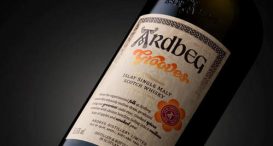
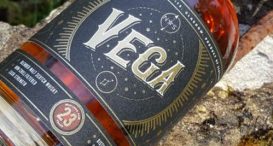
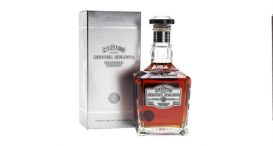





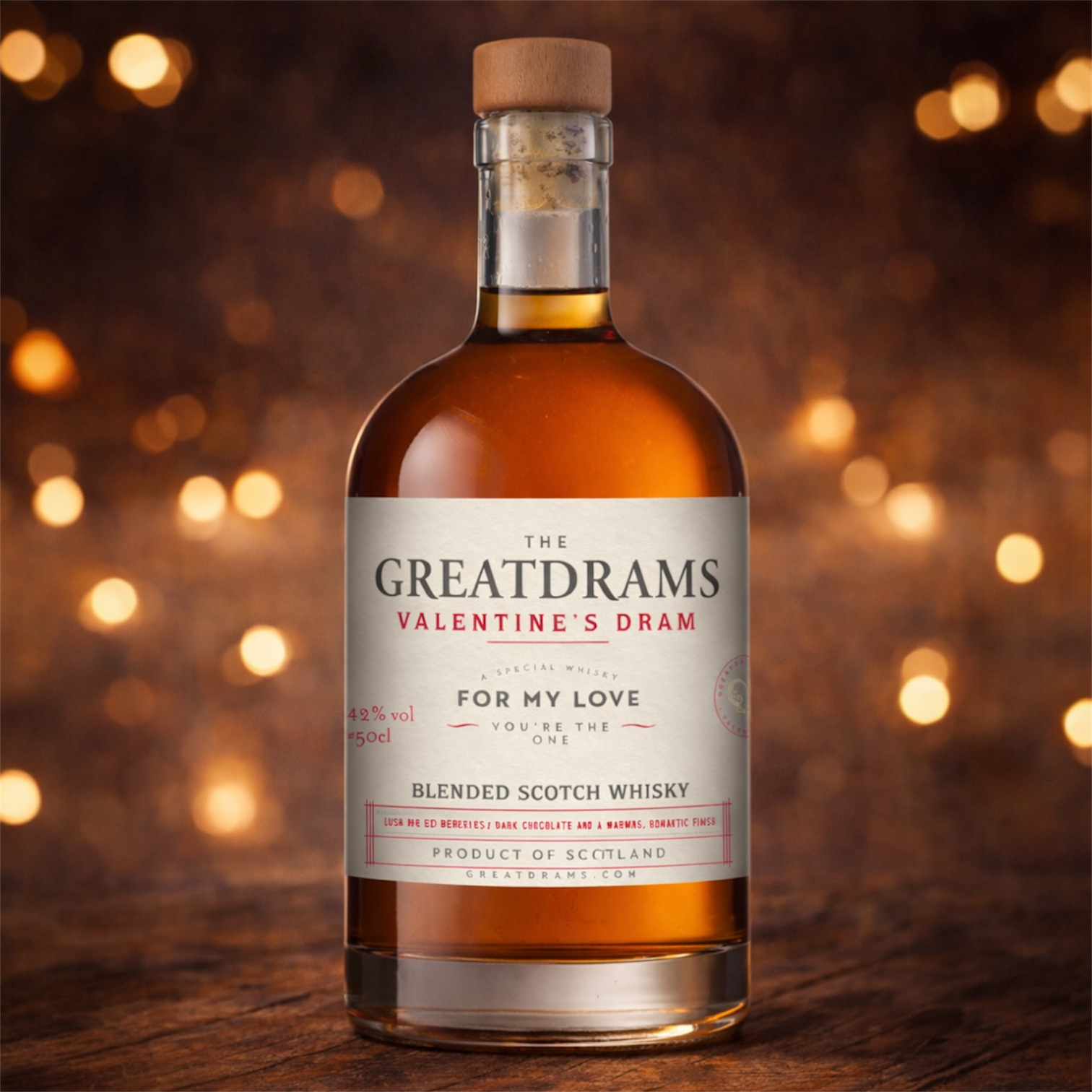

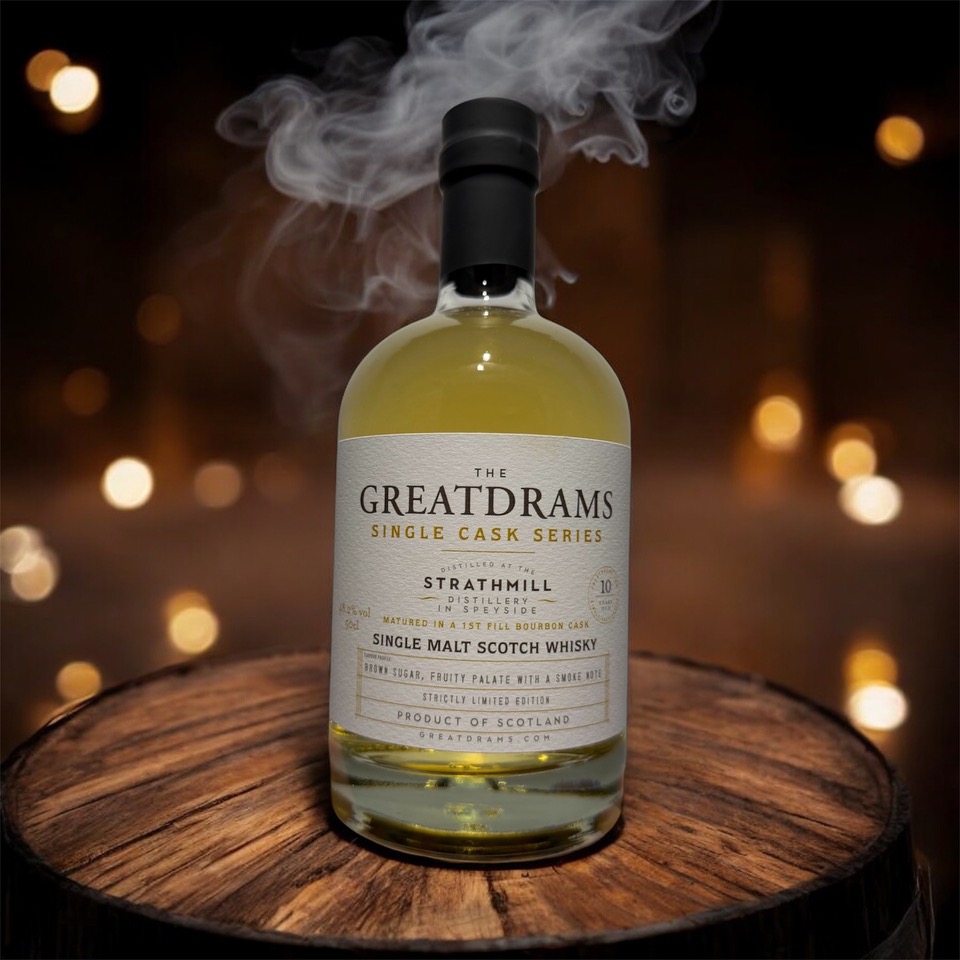

5 thoughts on “5 Reasons Why You Need To Try Japanese Whisky”